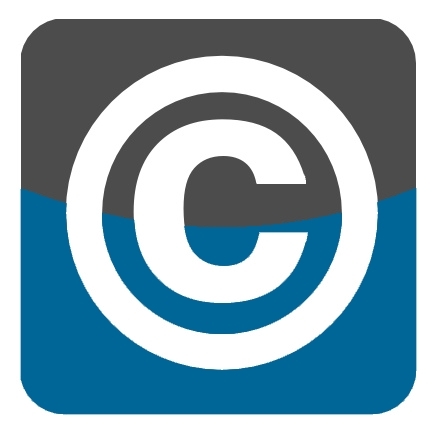Should You Get To Keep Copyright On eLearning Content You Create For Your Employer?
The term Intellectual Property basically refers to creations of the mind, whether it’s industrial property, inventions and trademarks or literary and artistic works, such as novels, plays, films, paintings, photographs and music. Currently the IP for literary and artistic works is protected by the Berne Convention, which was completed in 1914 and amended several times, with the last being on September of 1979.
What happens, however, with eLearning content you create for a company?
Do you have the right to maintain your rights and reuse it or your employer is its sole owner? What happens in case of work previously created and used under a subsequent eLearning developer position? Is there a middle ground or is it pointless to even try to negotiate or claim your rights on it?
Business as usual
The most commonly followed practice for employers is to request from their eLearning developers to sign a contract saying that everything created under their payroll is the intellectual property of their company and that the latter is the sole owner of the work’s copyrights. From an employer’s perspective, this makes absolute sense and it’s undisputed. If they are paying you to create an eLearning course, they obviously expect to own the final eLearning product, just like an individual who hires a contractor to build a house obviously expects to exclusively own and use this house.
Meeting halfway
Nonetheless, it’s worth mentioning that some companies will actually allow their former eLearning developers to use parts of their eLearning work for their portfolio, as long as specific names, brands and policies are altered or even better omitted altogether. This kind of “sanitized” material can only be used this way, however, and not be re-sold, unless wording is completely different.
How to create your own Intellectual Property
- When you are creating something on your own time and for your own use, you automatically and undisputedly own its copyrights. Also, when you are creating something on your own time and use it while working for someone else, you still own the copyrights. For example, if a teacher has created on his own time any material or a syllabus and then distributes it in class, the educational institution doesn’t own it and has to buy it from the creator in order to share or pass it on to another educator for use inside the classroom.
- Pro-bono eLearning work is another way to create your very own intellectual property. If you have a favorite organization, school, religious community etc., you can develop original eLearning content for them –in various forms- and donate it, under a Creative Commons License that allows you to retain full rights. This way you can expand your eLearning portfolio, get the experience you need, help someone out and, of course, own your eLearning work and use it in any way you want.
- Finally, if you are working on a royalties basis you can maintain your IP’s ownership. So basically, if you incorporate in your work eLearning material you have developed on your own and conclude to an agreement about this specific eLearning material with your employer, then you can maintain your rights on it.
Last but not least, always consult with a lawyer specialized in Intellectual Property, Copyrights, limitations and exclusivity before proceeding to any contracts or attempt to re-use previously created eLearning material for a different company, as legal battles over similar issues can be nasty and quite expensive. Relevant references
- Works Made for Hire
- FAQs - Intellectual Property for Course Materials
- Subject Matter and Scope of Copyright
- IEEE Intellectual Property Rights
- Intellectual Property Rights (IPR) in Networked e-Learning
- Writing Copyright Statements for eLearning
- Copyright, Intellectual Property, Digital Rights Management
- Code of Best Practices in Fair Use for Online Video
- Fair Use Evaluator
- United States Copyright Office
- European Copyright Code
- Canadian Intellectual Property Office
- Creative Commons









